Department of Payam-e-Insaniyat
Founded in 2003, the Department of Payam-e-Insaniyat at Darul Uloom Anwaria stands as a beacon of Islamic Humanitarian values, epitomising the teachings of compassion and selfless service. Born from the merger of the visionary founder of Darul Uloom Anwaria and All India Tehreek Payam-e-Insaniyat, initiated by Hazrat Ali Miyan Nadwi, this department is a testament to the enduring commitment to humanity.
Operating under the noble banner of Payam-e-Insaniyat, the department engages in a diverse array of initiatives, including free medical camps, blood donation drives, anti-drug addiction programs,
medical aid distribution, support for widows, visits to old age homes and hospitals, hunger alleviation campaigns, career counseling programs, and literature distribution with a humanitarian focus. Collaborating seamlessly with the administration and media, Payam-e-Insaniyat tirelessly works to uplift the impoverished, providing guidance, support, and essential services to create a more compassionate and just society. Through these endeavours, the department embodies the Islamic principles of charity, empathy, and benevolence, leaving an indelible mark on the path of humanitarian service.
Curriculum
Overview of the founding of the Department in 2003.
The merger of Darul Uloom Anwaria and All India Tehreek Payam-e-Insaniyat.
Visionary founder and key figures involved.
Understanding the mission of Payam-e-Insaniyat.
Exploration of Islamic Humanitarian values.
Hazrat Ali Miyan Nadwi's role and teachings.
Importance of healthcare in Islamic teachings.
Planning and organising free medical camps.
Blood donation drives and their impact on the community.
Islamic perspective on combating drug addiction.
Strategies for organising effective anti-drug programs.
Distribution of medical aid in crisis situations.
Addressing the needs of widows in the community.
The significance of caring for the elderly in Islam.
Practical aspects of organising visits to old age homes.
Islamic teachings on poverty and hunger alleviation.
Planning and executing successful hunger alleviation campaigns.
Career counseling as a means of empowering the community.
Importance of collaboration for effective humanitarian work.
Strategies for building partnerships with local administration.
Leveraging media for awareness and support.
Providing guidance to community members seeking essential services.
Establishing effective communication channels.
Case studies of successful service delivery.
